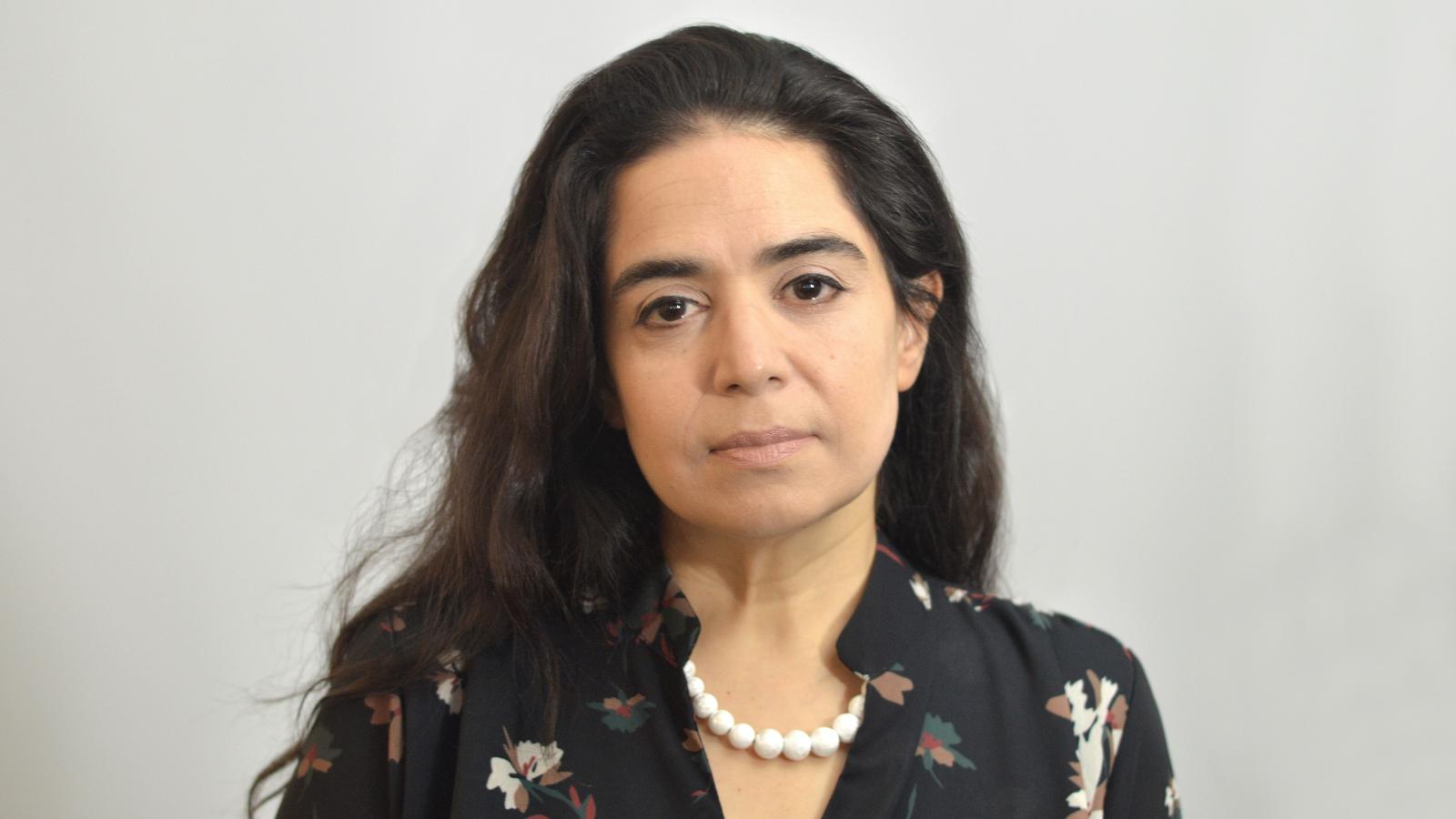The 2021-22 Stephen Livingstone Lecture: Teaching International Human Rights in Times of Change

Delivered by Professor Verónica Gómez
A leading Latin American jurist has called for a radical re-imagining of human rights education to prepare active global citizens to face the challenges of achieving inclusivity, equality and justice in the 21st century.
Newly-appointed Inter-American Court of Human Rights judge, Professor Veronica Gómez, delivered the annual Stephen Livingstone lecture in memory of the former head of the School of Law, Queen’s University Belfast. Professor Gómez, from Argentina, is also president of Global Campus of Human Rights, a worldwide network of 100 universities delivering human rights education, and director for education of the International Centre for Political Studies at the National University of San Martin in Buenos Aires.
Professor Gómez, who recalled human rights champion Professor Livingstone as a patient and nurturing mentor during her studies at the University of Nottingham, said the world faced a ‘new industrial revolution’ of information technology and unprecedented sources of knowledge but also a weakening of democracy and threats to widening participation.
Public education is a vital tool for encouraging democratic participation and social transformation, she acknowledged. However, human rights educators must strive for inclusivity and collaboration in decolonising the curriculum and promoting social and emotional learning in order to confront current challenges such as climate change, COVID-19, fake news and the digital divide.
Education has already transformed the aspirations of millions around the world and international human rights education contributes hugely to stimulating capacity for dialogue and action, said Professor Gómez. Nevertheless, she urged:
‘Education is still not organised in a way that can benefit all…We should reflect collectively and boldly…We must take responsibility for a renewed vision.
Three discussants reflected and enlarged on Professor Gómez’s ideas. Dr Yassin Brunger, QUB Gender Network founder/co-director and international human rights law lecturer, emphasised the value of inclusion and thinking ‘beyond the given’ in regard to the feminist ethos; respecting different sources of knowledge, both formal and informal; and placing marginalised, indigenous languages at the heart of educational systems.
Professor Gerd Oberleitner, professor of international law and UNESCO chair of human rights and human security at the University of Graz, Austria, talked of ‘bringing human rights home’ out of elitist Western universities and into communities. He stressed the need to promote balance between individual rights and the public good, particularly as a counterweight to anti-vaccination campaigners during the current pandemic, and relatedly, human rights education’s role in reclaiming science and the benefits of scientific progress.
A key question posed by Professor Frans Viljoen was how global universal human rights standards could be more responsive to local context. The Centre for Human Rights director and professor of international human rights law at the University of Pretoria, South Africa, gave the example of climate change apartheid, where the poorest countries who contributed least to global warming suffer most impact. Professor Viljoen also highlighted how increased privatisation of public services, such as health and education, could shift power and responsibility from state to non-state actors. He reiterated Professor Gómez in calling for more diversity in the classroom and regarding sources of knowledge.
Professor Gómez endorsed the points made by the discussants, pointing out that contemporary shifting paradigms called for a rethink of many concepts, including sovereignty, states, borders international law and human mobility. She cautioned against falling into the ‘academic trap’ of limited language and authorities. While local and regional contexts must be considered, she stressed her core ethos as the universality of human rights.
‘Global citizenship is essential for the immediate challenges we face today.’
Rosie Cowan, PhD Student, QUB Law
